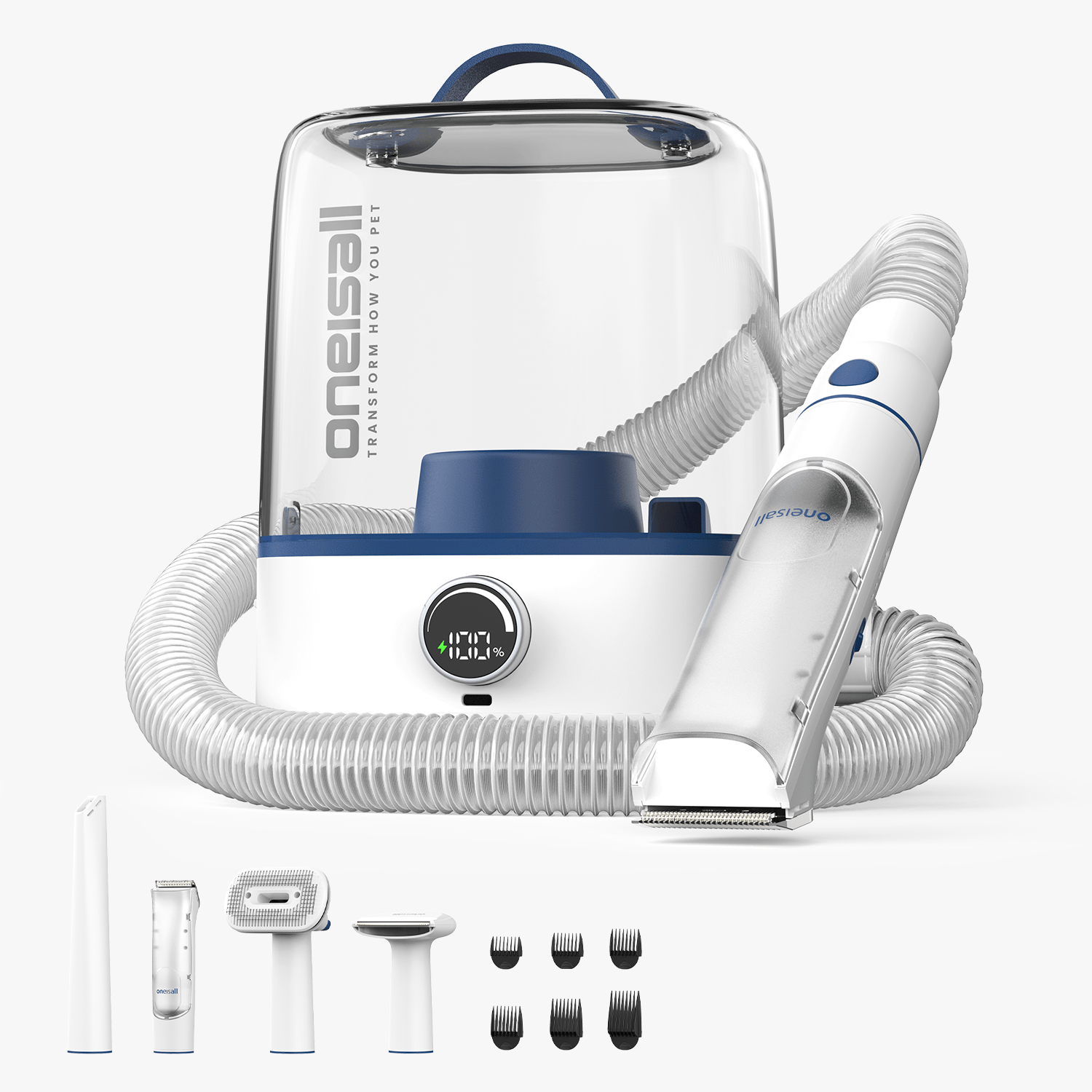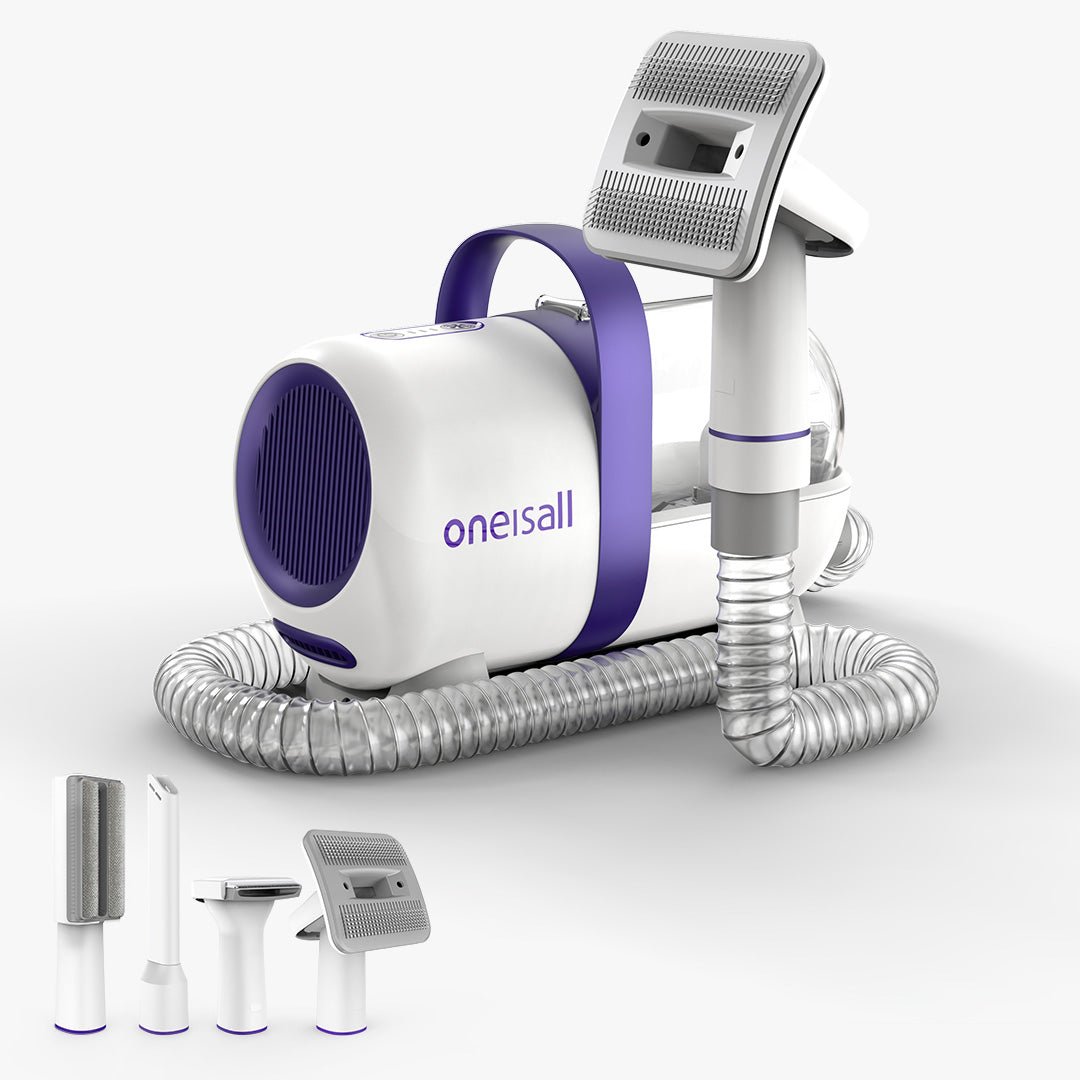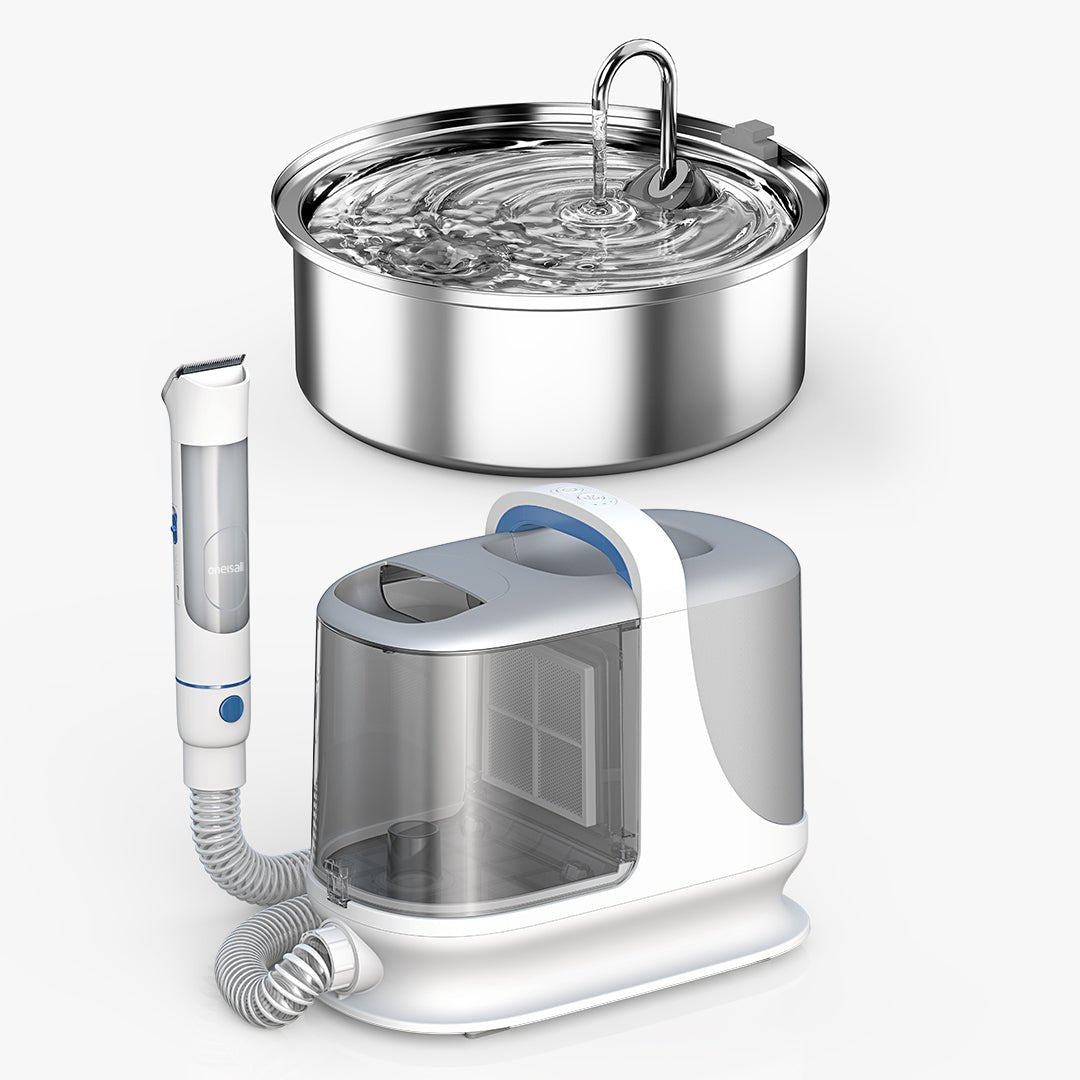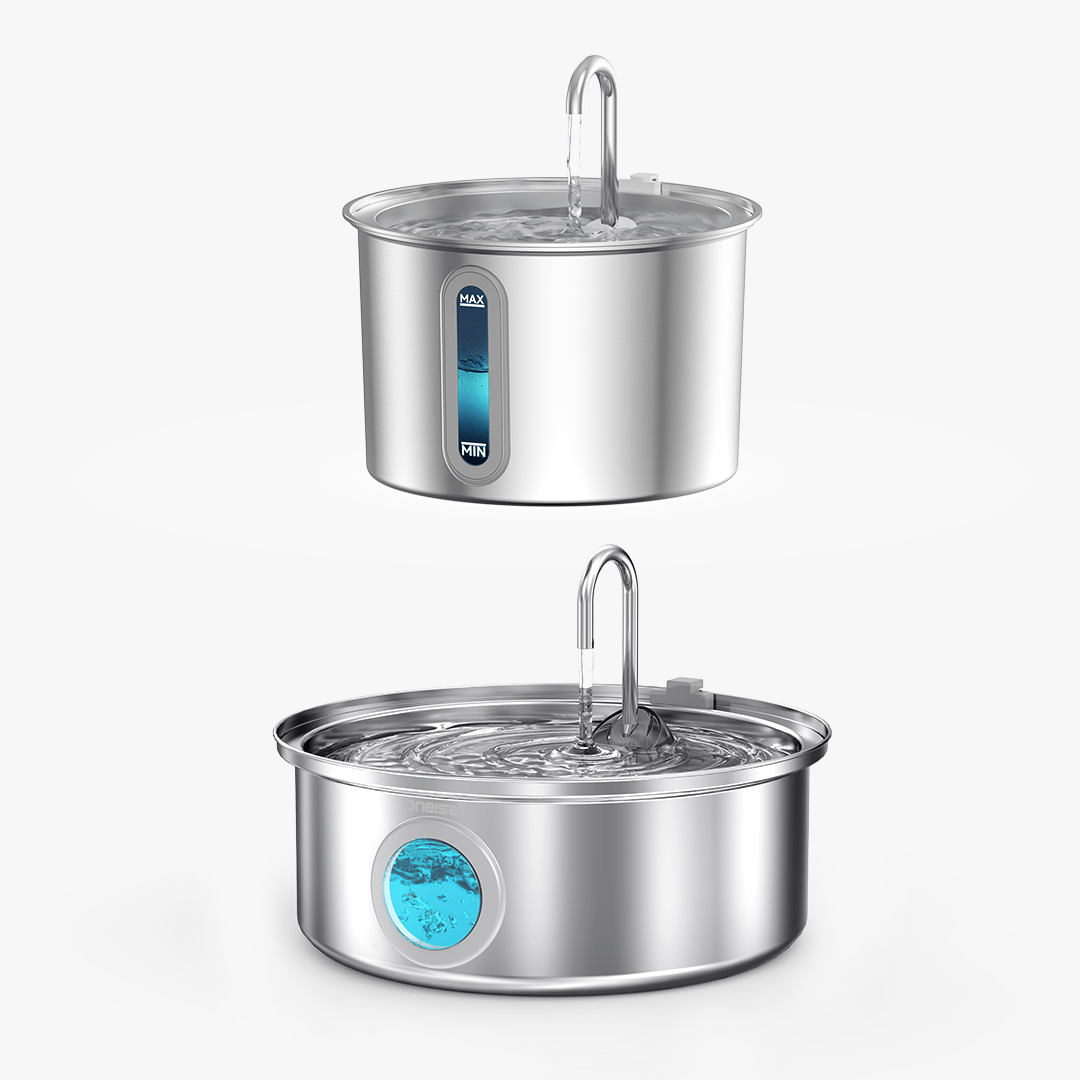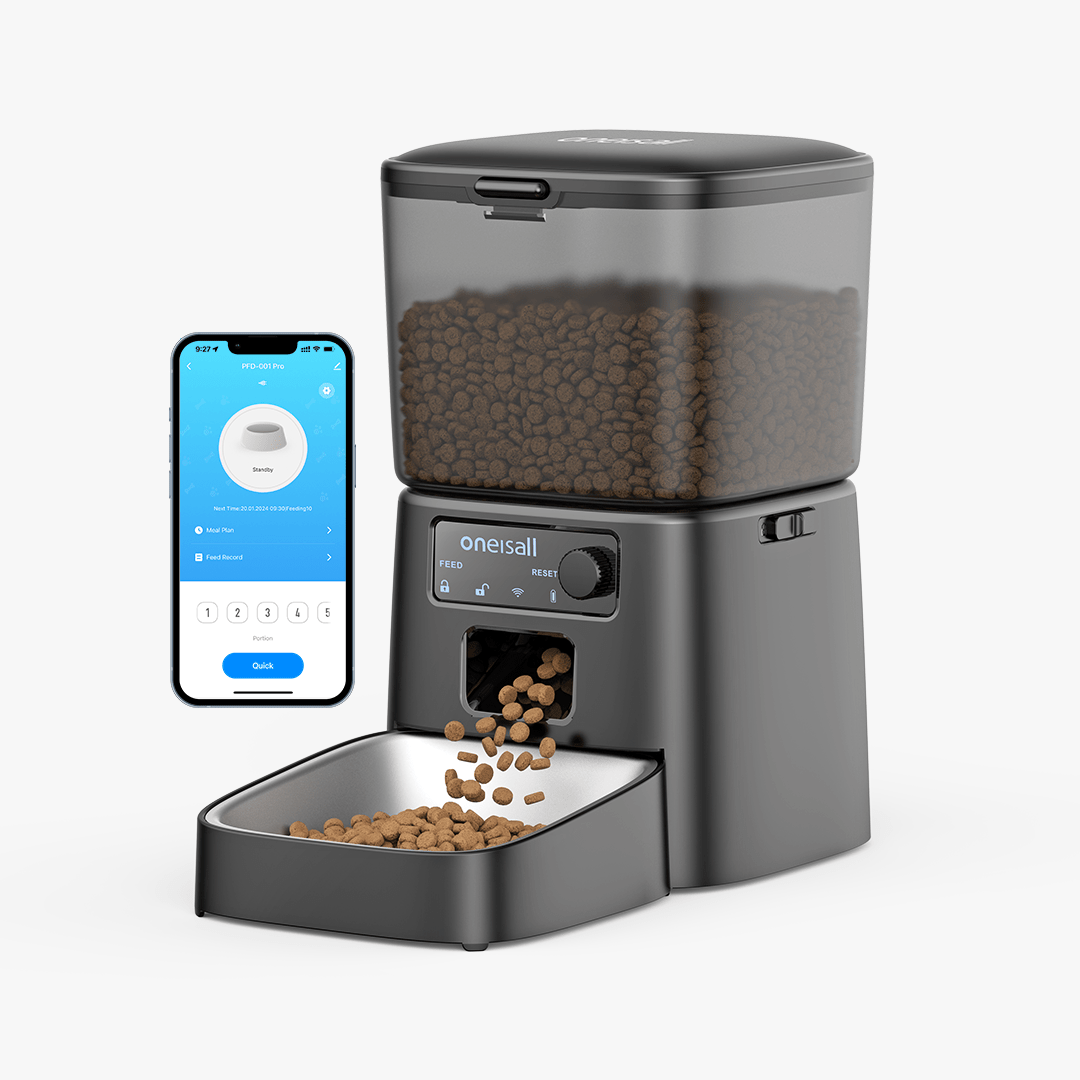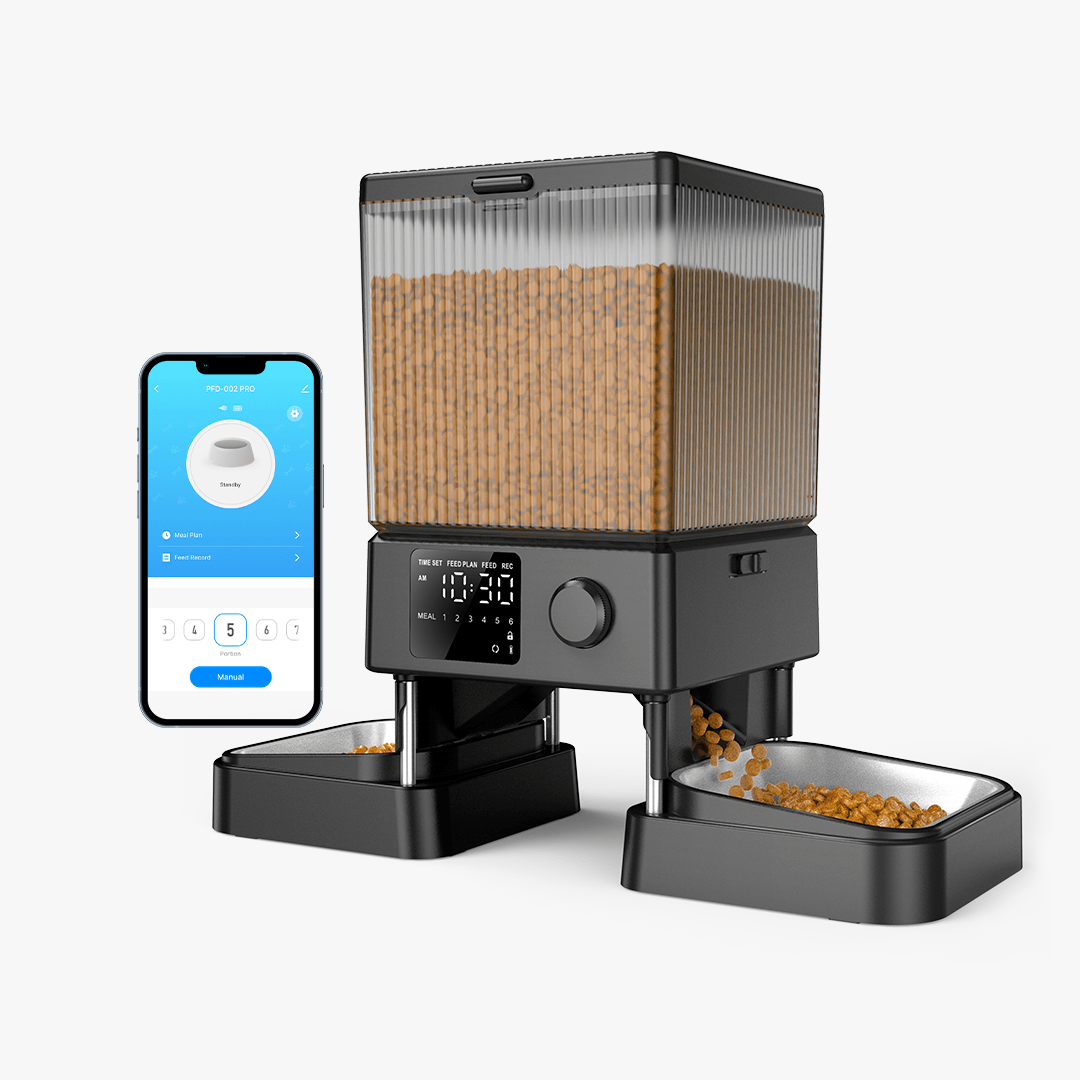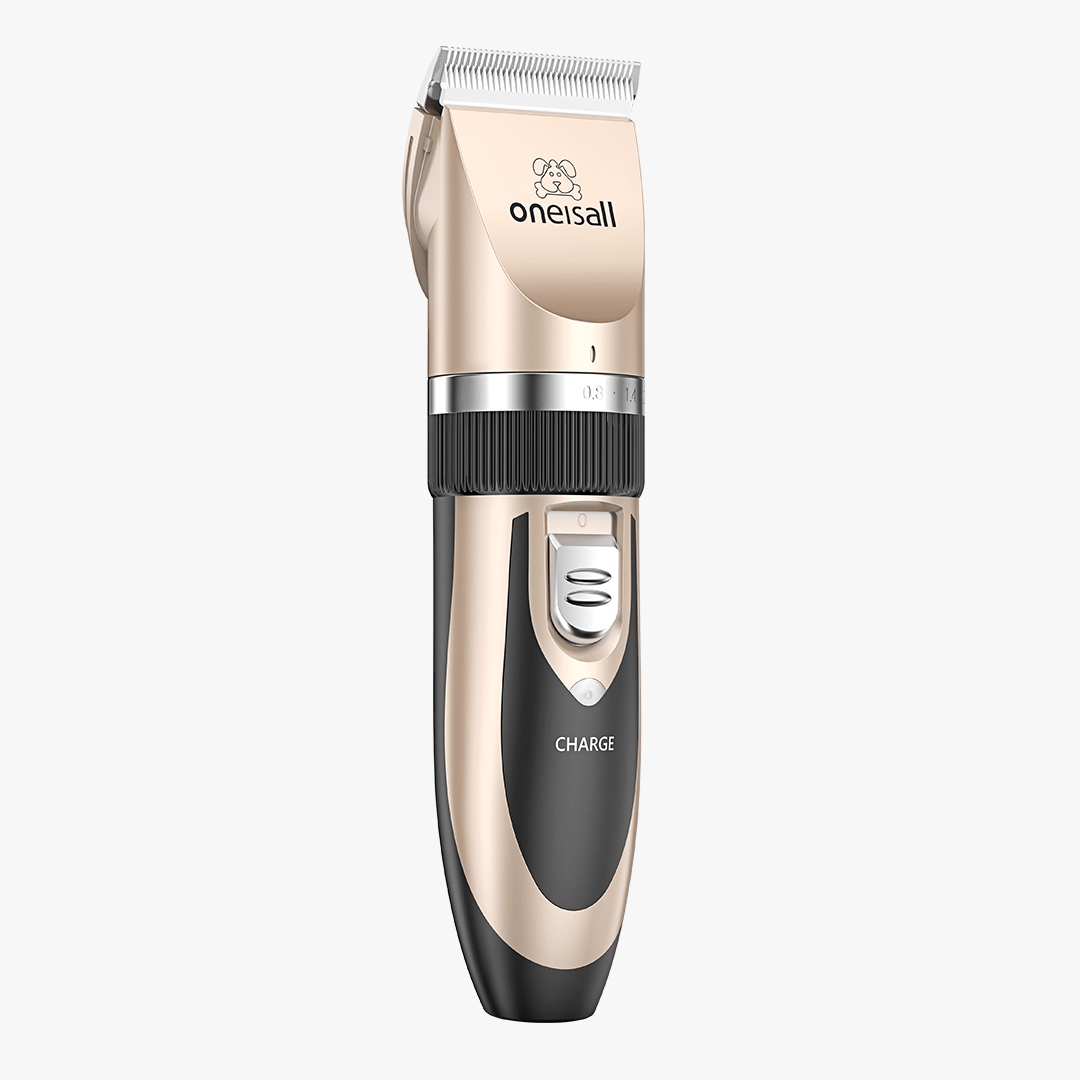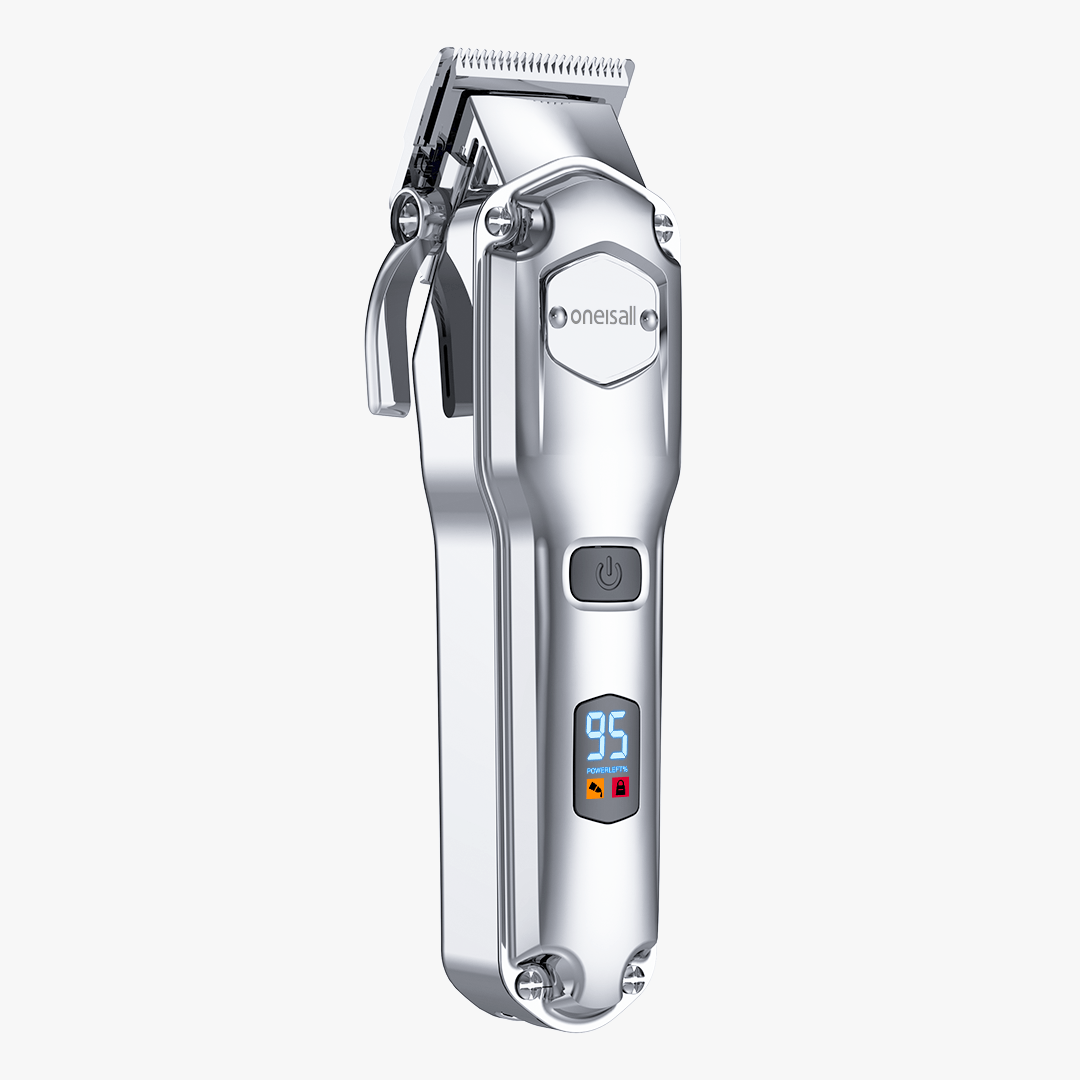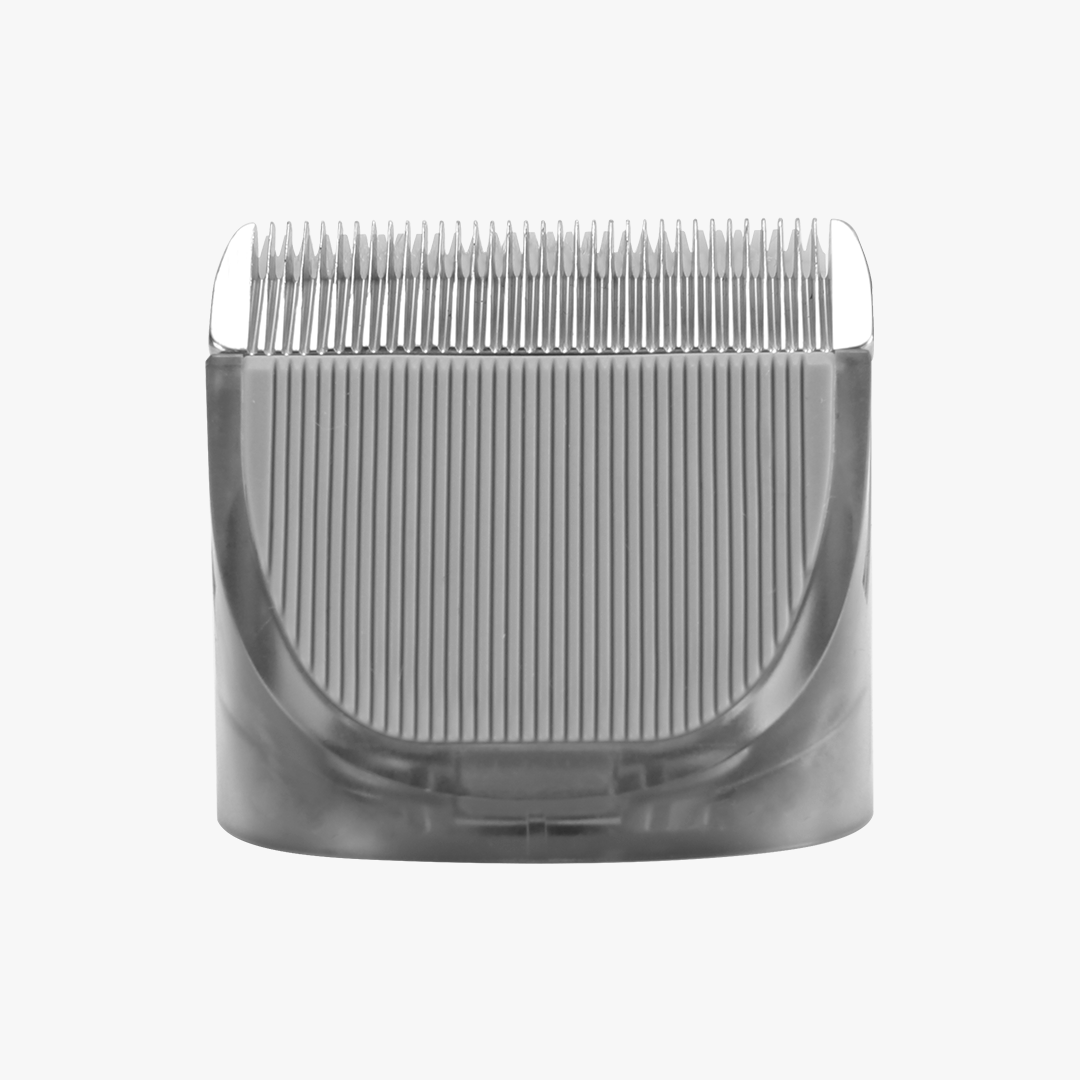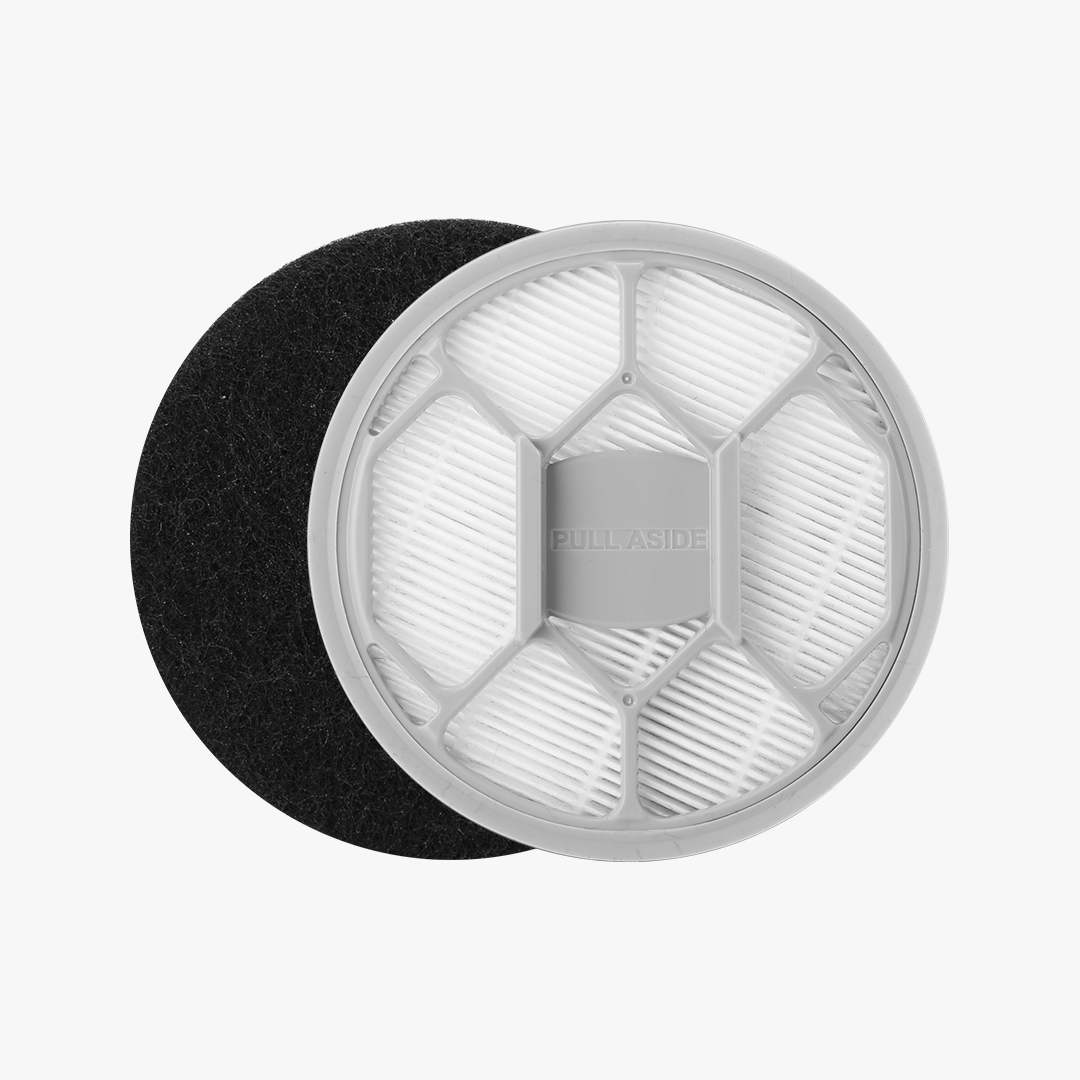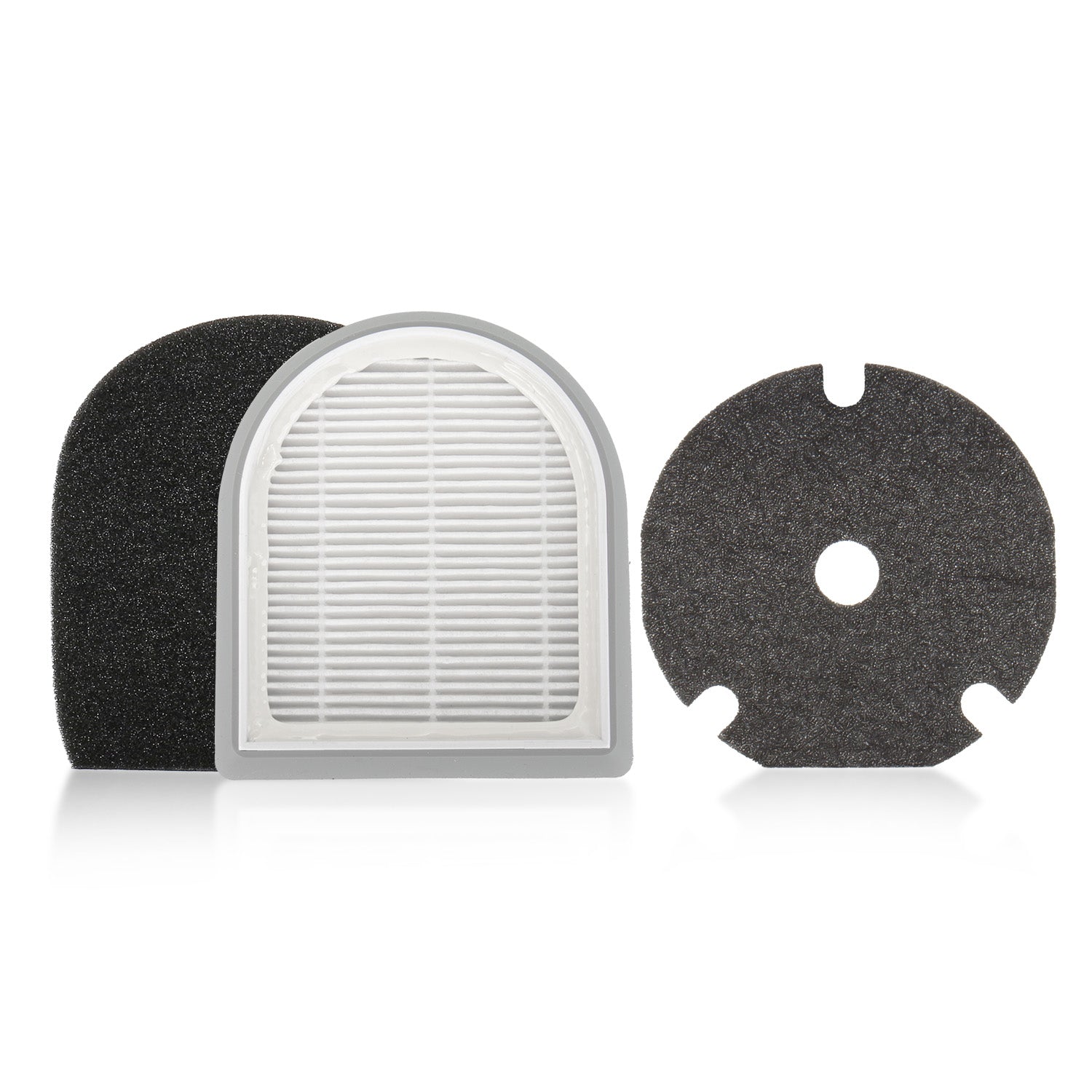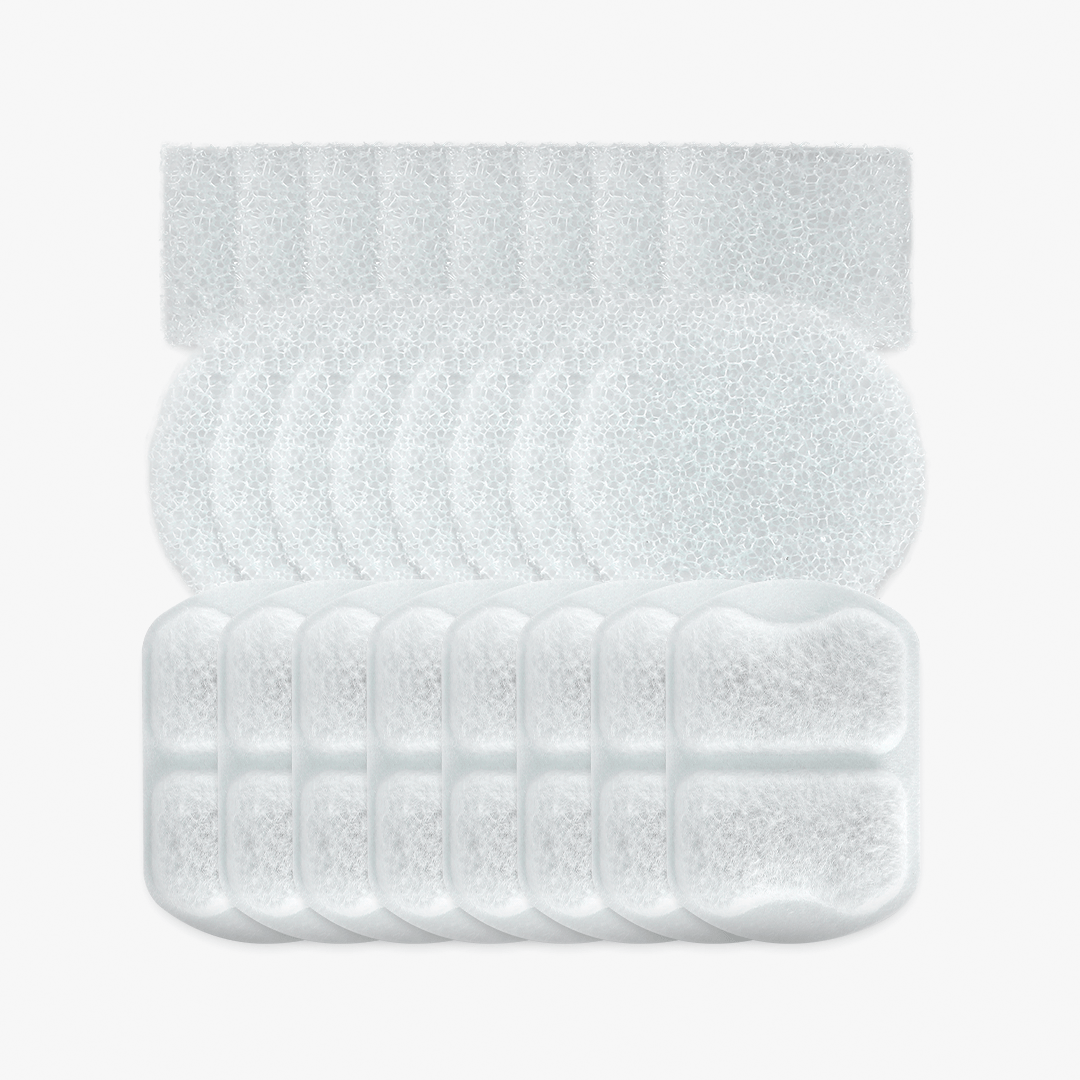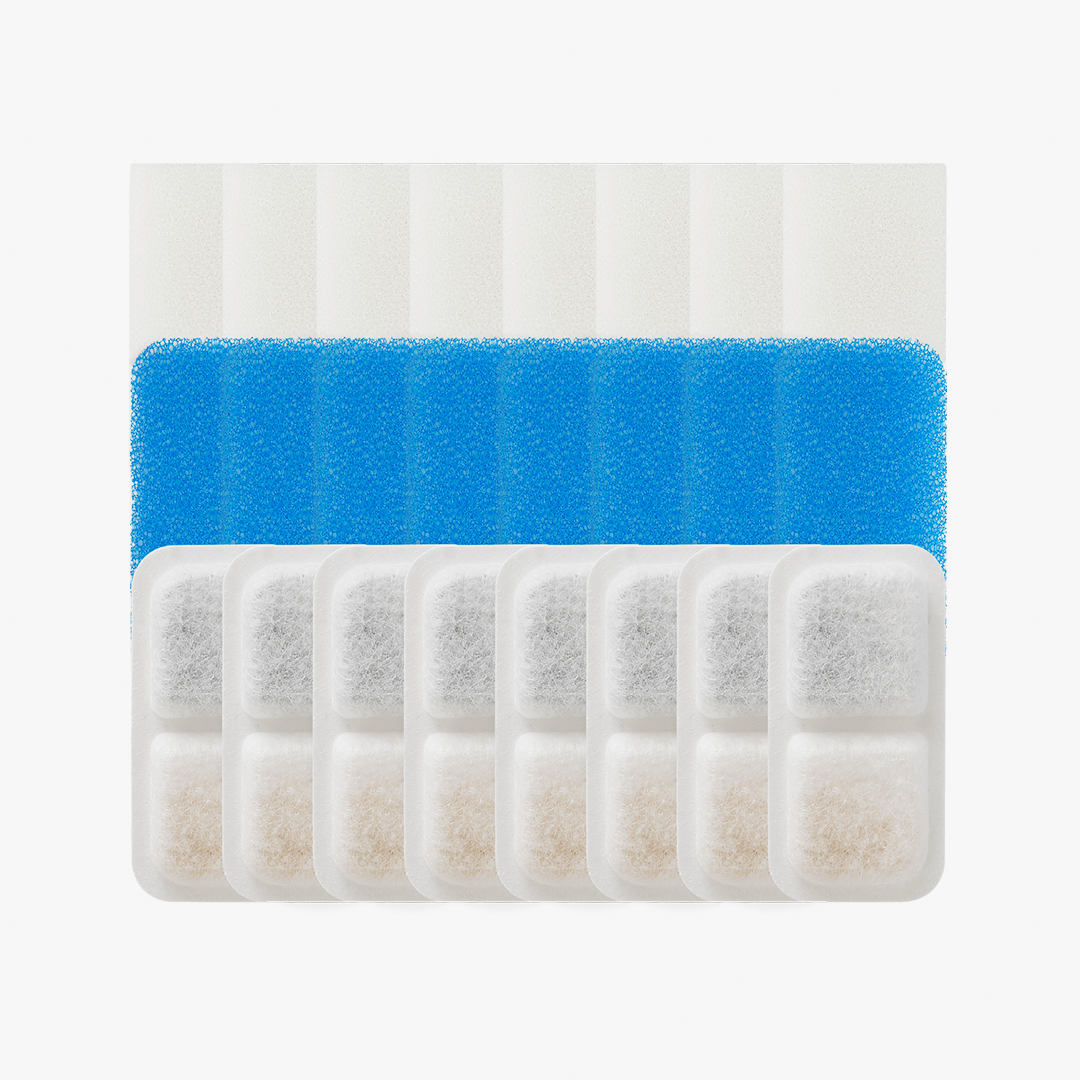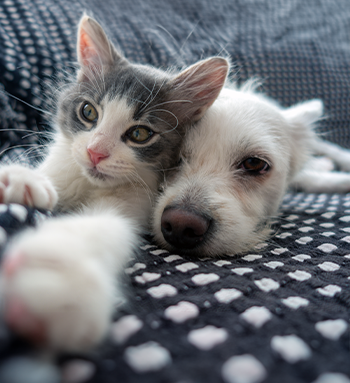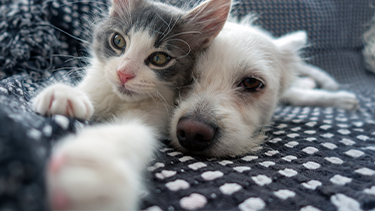Pet Grooming Vacuums Or Regular Vacuums?
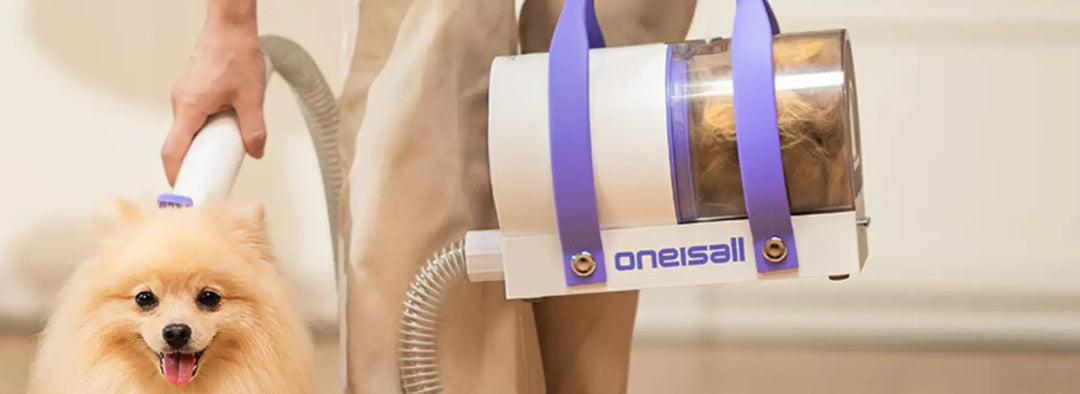
When it comes to cleaning up after your pets, you may wonder if you need a specialized pet vacuum or if a regular vacuum will work just as well. This article compares both options and helps you decide whether investing in a pet vacuum is the right choice for your home.
Benefits of Pet Grooming Vacuums
Powerful Pet Hair Removal
Pet grooming vacuums are designed to handle pet hair more effectively than regular vacuums. They typically have stronger suction and specialized brushes that lift stubborn hair from carpets, upholstery, and other surfaces. Regular vacuums may struggle with fine pet hair, but pet vacuums make this task much easier.
Specialized Attachments for Pet Owners
A Pet grooming vacuum often comes with specialized attachments like a pet hair nozzle, vacuum brush, and crevice tool. These tools are perfect for cleaning furniture, tight spots, and stairs where pet hair tends to accumulate. Regular vacuums may lack these specific tools, making it harder to clean those hard-to-reach areas.
Advanced Filtration Systems for Allergens
Pet vacuums usually feature HEPA filters, which trap small particles like pet dander, dust, and allergens. This is particularly useful if anyone in your household suffers from allergies or asthma. A regular vacuum may not provide the same level of filtration, which can cause allergens to be released back into the air.
Related Reading: Why You Need A Pet Grooming Vacuum

Benefits of Regular Vacuums
General Cleaning Needs
Regular vacuums are great for cleaning everyday dirt, dust, and debris. They work well on most types of flooring, including carpets, hardwood, and tile. While they aren’t optimized for pet hair, regular vacuums can still do a decent job in homes with light shedding.
Budget-Friendly Option
Pet grooming vacuums tend to be more expensive due to their specialized features. Regular vacuums, on the other hand, are typically more affordable and come in a range of price points. If you don’t have many pets or if your pets shed minimally, a regular vacuum can be a cost-effective option.
Versatility for Mixed Households
For homes with both pets and non-pet members, a regular vacuum with additional attachments (like a brush roll or upholstery tool) can handle light pet hair and still work for daily cleaning tasks. It may not be as efficient as a pet vacuum, but it’s versatile enough for general use.
How to Choose the Best Vacuum for Pet Hair
Consider the Suction Power and Brushrolls
Look for a pet vacuum with strong suction and a motorized brush roll (a spinning brush). These features will help lift and remove stubborn pet hair from carpets and upholstery more efficiently than regular vacuums.
Look for HEPA Filtration
If anyone in your household has allergies, choose a vacuum with a HEPA filter. HEPA filters trap tiny particles like pet dander and dust, preventing them from being released back into the air and improving the air quality in your home.
Check for Specialized Attachments
Pet grooming vacuums often come with attachments like pet hair nozzles and vacuum brushes. These tools are great for cleaning furniture, tight spots, and stairs, areas where pet hair can build up. Make sure the vacuum includes these attachments to ensure thorough cleaning.
Durability and Ease of Use
Look for a vacuum that is both durable and easy to use. Features like a lightweight design, a long cord, and an easy-to-empty dustbin can make cleaning more convenient, especially when dealing with large amounts of pet hair.
Related Reading: What Vacuum Is The Best For Pet Hair

Long-Term Cost and Maintenance Considerations
Long-Term Investment
Although pet grooming vacuums cost more upfront, they are built to last longer and can handle frequent use. If you have multiple pets or experience heavy shedding, investing in a pet vacuum can save you money in the long run because it’s designed to handle more demanding cleaning needs.
Maintenance and Upkeep
Pet vacuums often require more maintenance. Pet hair can clog the brushes and filters, so regular cleaning is necessary. Regular vacuums may be easier to maintain, but they still require occasional upkeep, such as cleaning filters and checking for blockages.
Replacement Parts Availability
When purchasing a pet grooming vacuum, check if replacement parts like belts, filters, and brushes are easy to find. Some brands may have limited availability for parts, which can lead to higher maintenance costs over time.
Impact on Air Quality and Health
Pet Allergies and Asthma
If anyone in your home suffers from allergies or asthma, it’s important to get a vacuum with HEPA filtration. These vacuums trap allergens like pet dander, which can trigger allergic reactions and worsen asthma symptoms.
Reducing Odors
Many pet vacuums come with carbon filters that help neutralize pet odors as you clean. This can be especially helpful if you have pets with strong smells, keeping your home smelling fresh.
Consumer Reviews, Expert Recommendations, and Comparisons
User Experiences and Reviews
Before making a purchase, it’s helpful to check consumer reviews. Many pet owners share valuable insights on how well a vacuum handles shedding, cleaning efficiency, and durability. Reviews can provide real-world feedback on whether the vacuum meets your expectations.
Product Comparisons
Here’s a quick comparison table of some key features between pet vacuums and regular vacuums:
|
Feature |
Pet Vacuum |
Regular Vacuum |
|
Suction Power |
High, adjustable |
Standard, non-adjustable |
|
Attachments |
Specialized (e.g., pet hair nozzle, turbo brushes) |
Basic attachments |
|
Filtration |
HEPA or Carbon Filters |
Standard filters |
|
Maintenance |
Requires more upkeep |
Easier maintenance |
|
Noise Level |
Often quieter |
Can be louder |
Seasonal Pet Shedding and Flooring Compatibility
Seasonal Pet Shedding
During peak shedding seasons (like spring and fall), pet vacuums are especially useful. They can handle larger amounts of hair and prevent it from accumulating on your floors. Regular vacuums may struggle during these times.
Flooring Compatibility
Some pet vacuums are designed to work best on certain types of flooring. If you have a mix of carpet and hardwood, look for a vacuum that can easily transition between different surfaces without losing suction.
Conclusion: Make the Right Choice for Your Home
Choosing between a pet vacuum and a regular vacuum depends on your specific needs. If you have multiple pets or heavy shedding, investing in a pet vacuum with strong suction, HEPA filtration, and specialized attachments is a smart choice. However, if you have fewer pets or light shedding, a regular vacuum may be sufficient and more budget-friendly.
FAQs
Are Replacement Parts Easy To Find?
Replacement parts such as belts, filters, and attachments are often available for most pet vacuums. However, availability and cost vary by brand and model. Oneisall Many pet vacuums offer affordable replacement parts, but it's worth checking whether your specific model has easily replaceable and reasonably priced parts before making a purchase.
Are Pet Vacuums Easy To Maneuver?
Pet vacuums are generally designed to be user-friendly, but the ease of maneuvering depends on the model. Consider the weight, handle design, and whether the vacuum has swivel steering or a lightweight build. If you need to clean stairs, furniture, or your car interior, look for vacuums that are easy to carry and maneuver in tight spaces.
Should I Choose A Bagged Or Bagless Pet Vacuum?
Both bagged and bagless vacuums have pros and cons:
Bagged models: Tend to trap dust and allergens better, but they require ongoing costs for replacement bags.
Bagless models: Save on bag costs, but emptying them can create a mess, especially with pet hair.
If you are sensitive to allergens or dust, a bagged model might be the better choice. However, if convenience and lower operating costs are your priority, a bagless model could work better for you.
Do Pet Vacuums Help With Pet Allergies And Asthma?
Yes, pet vacuums feature HEPA filters, which trap allergens like pet dander and dust mites, improving air quality. If you or someone in your household suffers from allergies or asthma, a vacuum with a high-efficiency filter can help reduce allergens in the home.
How Do Pet Vacuums Help With Odor Control?
Some pet vacuums come equipped with carbon filters designed to neutralize pet odors while you clean. These filters can be particularly beneficial in homes with pets that have strong odors, such as dogs or cats. If you struggle with pet smells in your home, look for a vacuum with an odor-neutralizing feature.
Can Pet Vacuums Clean All Types Of Flooring?
Pet vacuums are designed to work well on various surfaces, from hardwood floors to thick carpets. However, the effectiveness can vary depending on the model and floor type:
Hardwood: Look for vacuums with strong suction and soft rollers to avoid scratches.
Carpets: Ensure the vacuum has high suction power and a rotating brush to lift embedded hair.
Tile: Choose a model that can clean grout lines and pick up pet hair without scattering it.
Some vacuums also have attachments specifically for hardwood floors, which help prevent hair from flying around and ensure thorough cleaning.







